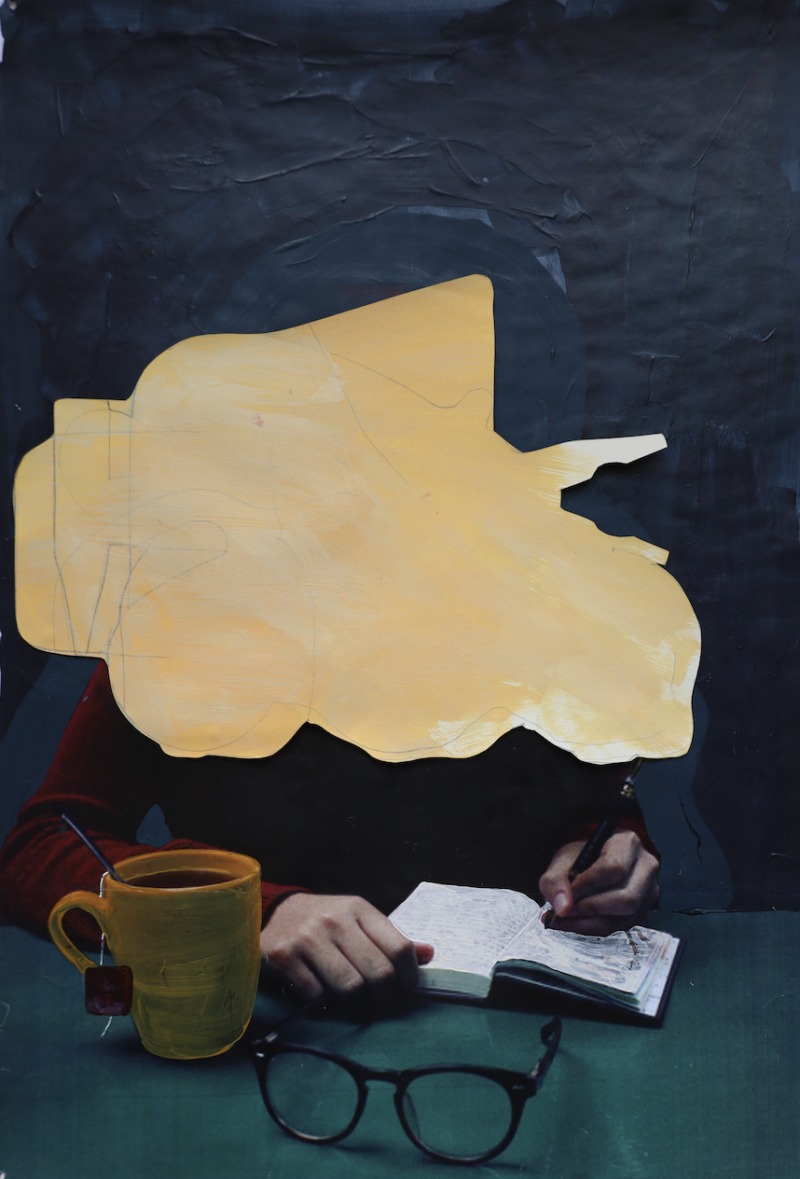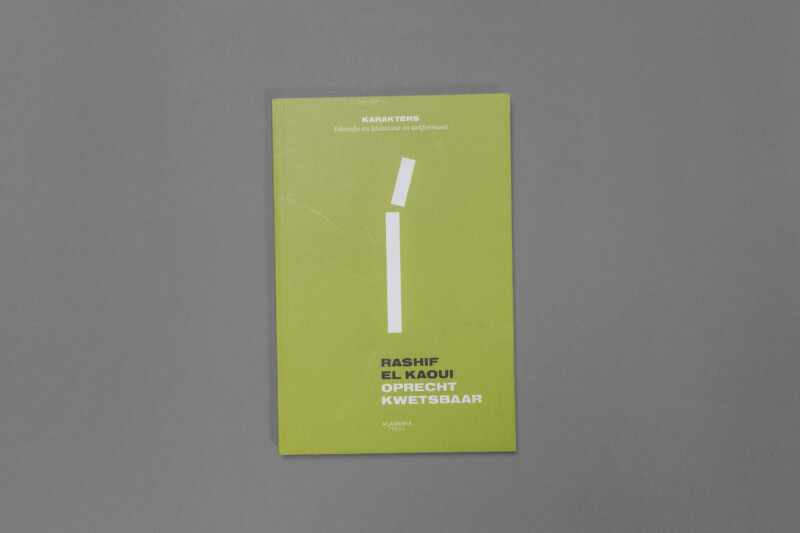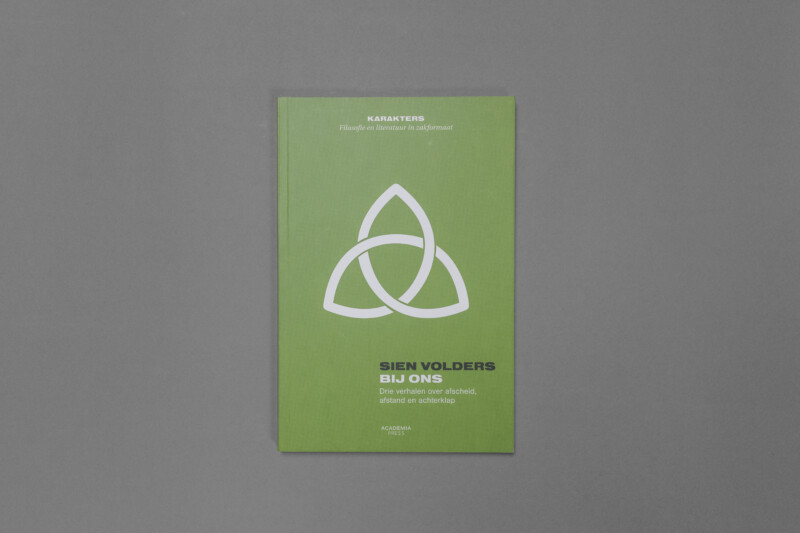
28.11.23, 19:30, Stef Craps
Mourning the planet: living with loss in the anthropocene
How can we come to terms with the many kinds of ecological loss that characterise our troubled times? The experience and anticipation of ecological loss - of individual plant and animal species, entire ecosystems, cherished landscapes or a habitable planet tout court - cause intense grief, which is being experienced more and more acutely by a growing proportion of the world's population as the climate and ecological crisis continues. However, that grief (and associated feelings of fear, anger, guilt and despair) receives little or no social recognition.This lecture explores how ecological loss is experienced, expressed and processed by highlighting grief practices developed by artists, environmental and climate activists, academics and mental health professionals to help individuals, groups and society as a whole cope with such loss experiences in a positive and constructive way and to give public visibility and legitimacy to their emotional impact.
After the lecture, Stef will be in conversation with activist Jolien Paeleman.
Stef Craps is professor of English Literature at Ghent University, where he heads the Cultural Memory Studies Initiative. His research interests lie in twentieth-century and contemporary literature and culture, trauma and memory studies, post-colonialism, ecocriticism and environmental humanities. He is co-author of Trauma (Routledge, 2020) and author of Postcolonial Witnessing: Trauma Out of Bounds (Palgrave Macmillan, 2013) and Trauma and Ethics in the Novels of Graham Swift: No Short-Cuts to Salvation (Sussex Academic Press, 2005). In addition, Craps (co-)edited the book Memory Unbound: Tracing the Dynamics of Memory Studies (Berghahn, 2017) and several theme issues of professional journals on topics such as ecological grief, climate fiction, decolonisation and Holocaust memory in transcultural perspective. He is currently working on a study and exhibition on ecological grief as a creative and transformative process, and is coordinating a university-wide elective course covering a range of humanities approaches to climate change.
Jolien Paeleman has been active in civic movement Extinction Rebellion since 2019. She is a spokesperson and collaborated in movement building, coalition building and outreach, especially in Ghent, where she lives. Her belief in the crucial role of civil disobedience action in the social transformation we need is greater today than ever before.
This lecture will take place at the MIRY Concert Hall. The hall is wheelchair accessible via a lift to the first floor. Live Dutch-language subtitles will be provided for this lecture.
Anyone with further questions about accessibility facilities should contact the organisation: anais.vanertvelde@hogent.be. On site, questions can be put to the job student at the desk.
free for students and staff HOGENT, Ugent, Howest, KASK & Conservatorium.
Biezekapelstraat 9
9000 Gent
9000 Gent





























